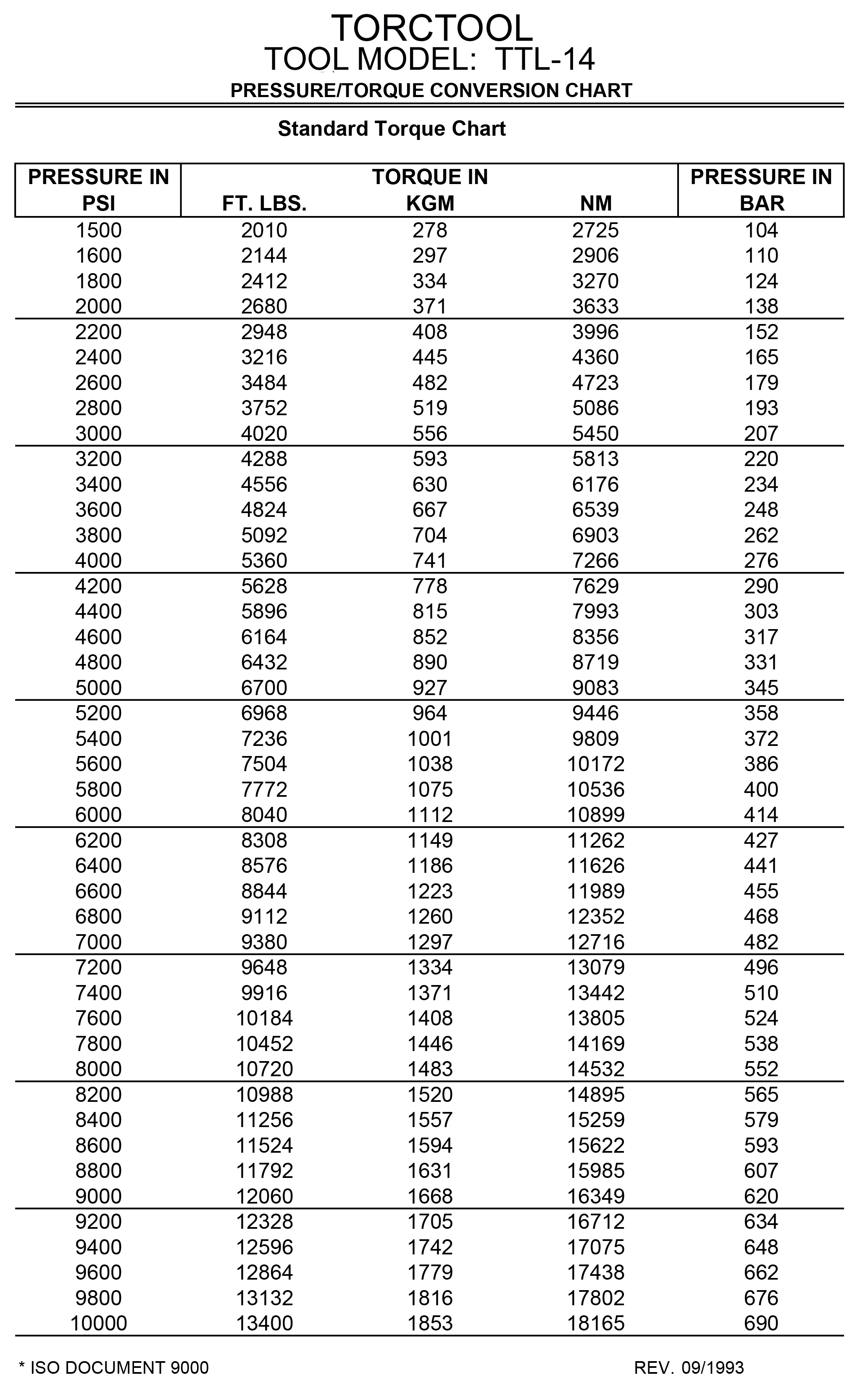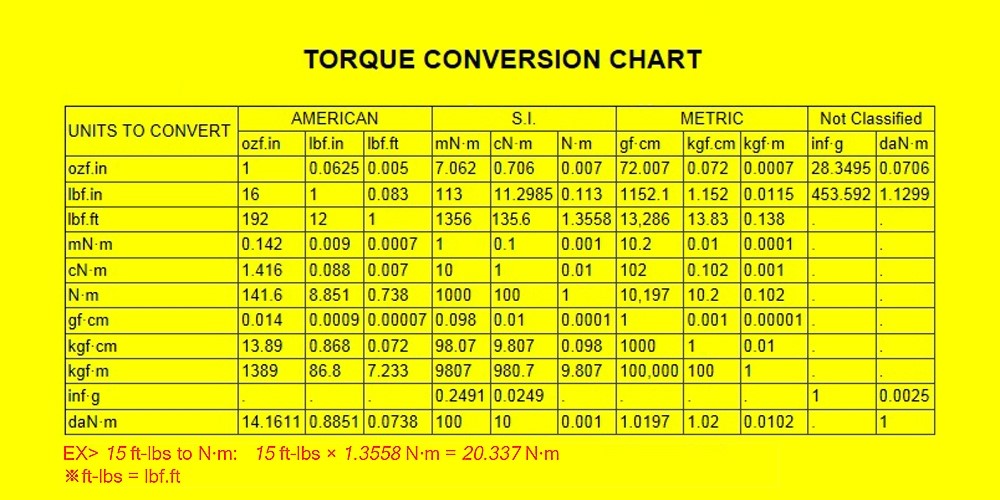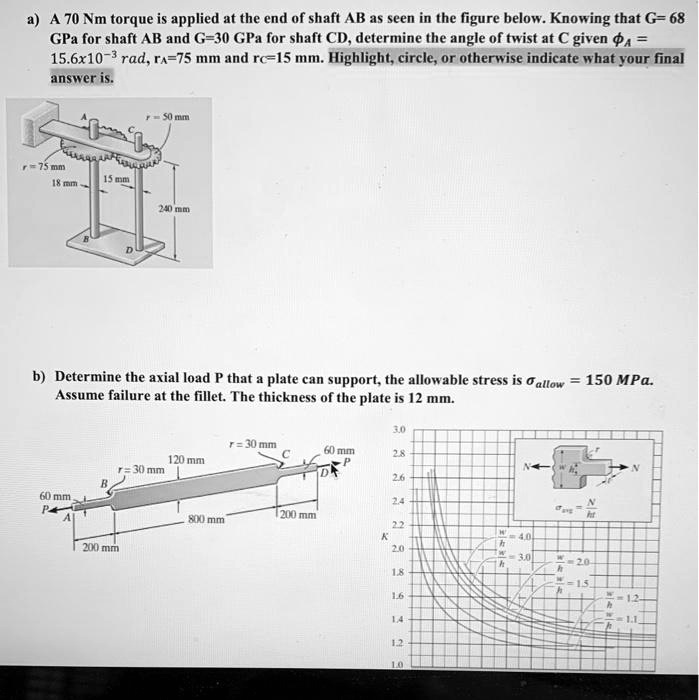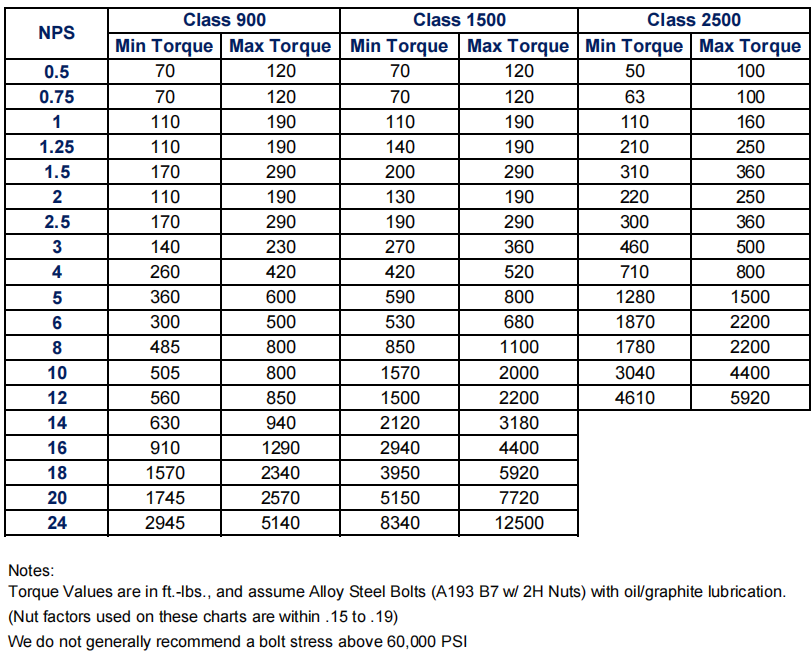Great Info About Is 70 Nm Torque Good

Understanding Torque
1. What Exactly IS Torque?
Okay, lets get real for a second. You hear "torque" and you might picture some hulking mechanic wrenching on a bolt, right? Well, youre not entirely wrong. At its core, torque is a twisting force. It's what gets things rotating. Think about turning a doorknob, tightening a jar lid, or even pedaling your bike uphill. All torque in action! But when we're talking engines and vehicles, it gets a little more interesting.
Imagine your car's engine as a tiny explosion factory. Each explosion pushes a piston, which then turns the crankshaft. The crankshaft is what ultimately delivers power to the wheels. Torque, in this context, is the measure of how much of that twisting force the crankshaft can generate. The higher the torque, generally the greater the "oomph" you feel when accelerating, especially from a standstill or at lower speeds. Forget horsepower for a second; torque is your instant gratification buddy.
Now, why is this "twisting force" so important? Because it's what allows a vehicle to overcome inertia and resistance. Hauling a heavy load? Need to climb a steep hill? High torque is your friend. It's the muscle that gets the job done, regardless of how fast you're going. Think of it as the difference between a cheetah (high speed, relatively low torque) and an elephant (moderate speed, incredibly high torque). Both are impressive, but they excel in different scenarios.
So, where does 70 Nm fit into all this? We'll get there, I promise! But first, you needed a bit of a torque crash course. Hopefully, it's slightly less boring than your high school physics class. Just remember: torque = twisting power = the feeling of "go" when you mash the pedal. Keep that in mind as we move forward.

Square D Torque Chart Vrogue.co
Is 70 Nm Torque Good? It Depends!
2. Context is King (and Queen!)
Alright, let's tackle the burning question: Is 70 Nm torque any good? The answer, as with most things in life, is a resounding... it depends! Saying 70 Nm is good or bad without any context is like saying chocolate is good or bad. Good for a dessert? Absolutely! Good for brushing your teeth? Probably not.
What kind of vehicle are we talking about? 70 Nm in a tiny electric scooter designed for zipping around a city? That might be perfectly adequate. 70 Nm in a pickup truck meant for hauling lumber and towing boats? Uh, no. Not even close. The ideal torque output depends entirely on the vehicle's intended use and weight.
Think about it this way: a motorcycle might have a relatively small engine, but its power-to-weight ratio is high. So even with a lower torque figure, it can still accelerate like a rocket. A larger, heavier car needs significantly more torque to achieve similar performance. Its all about the balance.
Furthermore, compare 70 Nm against its competitors in the same vehicle class! Look at similar electric bikes or scooters, perhaps even small petrol powered motorcycles. That would be a useful comparison. We need something to hold 70 Nm against!

Breaking it Down
3. Scooters, Motorcycles, and Cars, Oh My!
To give you a better idea of what to expect from 70 Nm, let's look at some common vehicle types. In the world of scooters and small electric bikes, 70 Nm could be quite respectable, especially for urban commuting. These vehicles prioritize efficiency and agility over raw power. You're looking for something that can get you up to speed quickly and handle moderate inclines, and 70 Nm might just cut it.
When we move into the realm of motorcycles, 70 Nm is typically on the lower end. You might find it in smaller displacement bikes (think 125cc to 250cc) designed for beginners or fuel-conscious riders. These bikes are great for learning the ropes or navigating city streets, but they might struggle with long highway journeys or carrying a passenger up steep hills.
Cars are where things get really interesting. 70 Nm is highly unlikely to be found in anything but the smallest and most economical of city cars. Most modern cars, even compact ones, produce significantly more torque than that. Anything under 150 Nm would likely feel very sluggish and underpowered, particularly when accelerating or climbing hills.
Basically, if you see 70 Nm listed as the torque output for a car, do your research and read reviews! It might be perfectly fine for a specific niche (like a super-efficient hybrid designed solely for city driving), but it's definitely not going to be a performance powerhouse. So consider if 70 Nm torque good for that vehicle, it must fit the requirement.

Laser Engraved Torque Chart PDF Units Of Measurement, 59 OFF
The Role of Horsepower (and Why It's Not Everything)
4. Torque's Energetic Partner
Now, let's not forget about horsepower! While torque gets you moving, horsepower keeps you moving. Horsepower is essentially a measure of how quickly torque can be delivered. It's related to both torque and engine speed (RPM). Think of it this way: torque is the force, horsepower is the work being done. You can have high torque at low RPMs, which is great for pulling heavy loads, but if you want to accelerate quickly and reach high speeds, you need horsepower.
A vehicle with high torque and low horsepower might feel strong at low speeds but will quickly run out of steam as the RPMs climb. Conversely, a vehicle with low torque and high horsepower might feel sluggish at first but will come alive at higher RPMs. The ideal balance depends on the intended use.
Back to our 70 Nm example. Even if a vehicle has 70 Nm of torque, its horsepower figure will significantly impact its overall performance. If it's paired with a decent amount of horsepower, it might feel surprisingly peppy. If the horsepower is low, it will feel slow and underpowered, no matter how much initial "oomph" the torque provides.
So, don't get too hung up on torque figures alone. Always consider horsepower as well. They're two sides of the same coin, working together to deliver the overall driving experience. It's like peanut butter and jelly: they're good on their own, but they're even better together!
Factors Influencing Perceived Torque
5. It's Not Just About the Numbers
Even if two vehicles have the exact same torque figure, they might feel completely different to drive. Several factors can influence how that torque is perceived and delivered to the wheels. One major factor is gearing. The transmission's gear ratios can multiply torque, making a vehicle feel more powerful than its raw torque output suggests. Lower gears provide more torque multiplication, which is why they're used for accelerating and climbing hills. Higher gears prioritize fuel efficiency and are used for cruising at higher speeds.
Another critical factor is weight. A lighter vehicle will always feel more responsive than a heavier vehicle with the same torque output. Think of it like trying to push a shopping cart versus trying to push a truck. The same amount of force will have a much greater impact on the lighter object.
Finally, engine characteristics play a significant role. Some engines deliver their torque in a smooth, linear fashion, while others have a more "peaky" torque curve. A linear torque curve provides consistent power across a wider range of RPMs, making the vehicle feel more predictable and easy to drive. A peaky torque curve delivers a sudden burst of power at a specific RPM, which can be exciting but also more challenging to control.
Therefore, when evaluating whether 70 Nm is "good" for a particular vehicle, you need to consider the whole package — the gearing, the weight, and the engine characteristics — not just the torque figure itself. Test drive the vehicle and get a feel for how it performs in real-world conditions. That's the only way to truly know if it meets your needs and expectations.

Tabela De Torque Nm RETOEDU
FAQ
6. Your Burning Torque Questions Answered!
Still a little confused about torque? Don't worry, it's a tricky subject! Here are some frequently asked questions to help clarify things:
Q: What's the difference between torque and horsepower?
A: Torque is the twisting force that gets you moving, while horsepower is the rate at which that force is delivered. Torque is like the muscle, horsepower is like the speed. Think of it this way: torque gets a heavy load moving, horsepower keeps it moving quickly.
Q: Is more torque always better?
A: Not necessarily! It depends on the vehicle's intended use. For towing and hauling, more torque is generally better. But for a small city car, too much torque can make it difficult to control and less fuel-efficient. It's all about finding the right balance.
Q: How can I tell if a vehicle has enough torque?
A: The best way is to test drive it! Pay attention to how it accelerates, especially from a standstill and when climbing hills. If it feels sluggish or strained, it might not have enough torque for your needs.
Q: Will increasing my car's torque always improve performance?
A: While increasing torque will generally improve acceleration, it can also affect other aspects of performance, such as fuel efficiency and handling. It's important to consider the overall impact of any modifications.